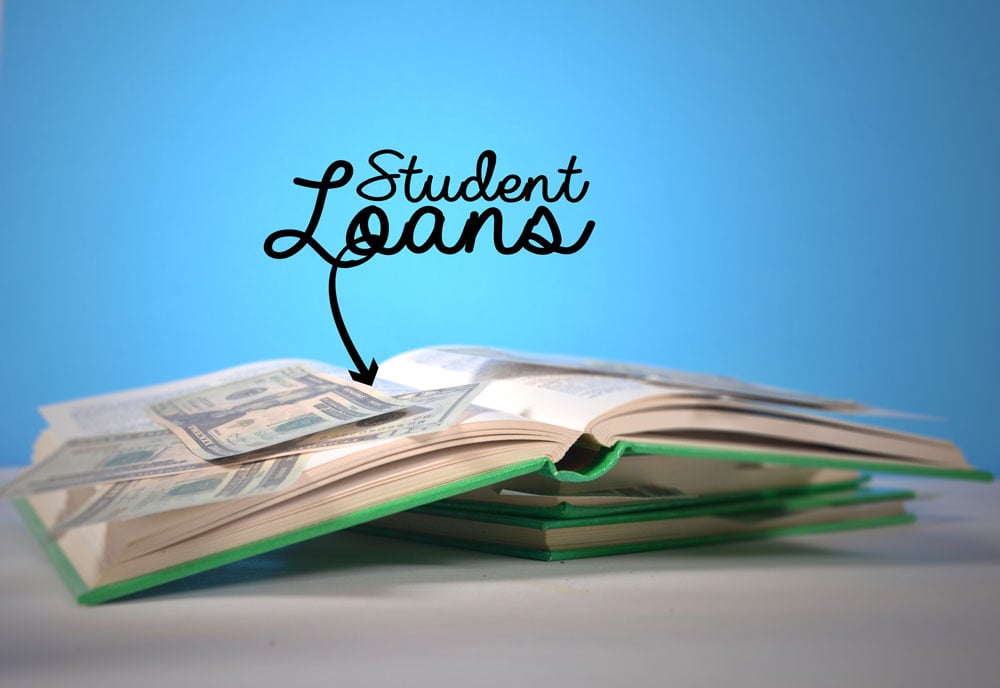If you are planning to go to college, it is evident that you will need to pay for tuition, books, housing, and food. Although there are affordable federal student loans, they may not be adequate to cover all the costs of your education. Therefore you may consider private student loans to bridge the gap in meeting your college expenses.
Taking advantage of federal loans
Before considering taking a private student loan, you should try to exhaust options like free financial aid and federal aid that include grants and scholarships. You can get a subsidized direct federal loan, but these have limits on how much to borrow. The limits vary from $5,500 for undergraduate up to $20,500 for graduate students.
The first step is to submit a Free Application for Federal Student Aid, even if you think you don’t qualify. Although FAFSA is mainly used for federal aid, sometimes it can be used for other forms of aid.
Understanding types of private student loans
Private student loans have varying interest rates, unlike federal loans that have standardized terms and interest rates. Most importantly, your credit rating and your co-signer are important in determining the type of loan you will be eligible for and the rates you will pay.
Lenders offer various types of loans depending on the course one is pursuing. The type of loan affects the amount one will receive, repayment terms, as well as interest rates.
Technical training/community college loans: These are loans offered for students pursuing two-year courses, attending a career-training program in or going to a non-traditional school.
Undergraduate loans: This is a loan one can take to pursue an undergraduate bachelor’s degree. They attract low-interest rates and have higher limits.
Graduate school loan: They have higher loan limits, which are indicative of the cost of pursuing a doctorate ort master’s degree.
Parent loans: these are loans offered to parents where there is an informal agreement that the student will repay the loan after graduating. But the responsibility of repaying the loan lies with the parent.


